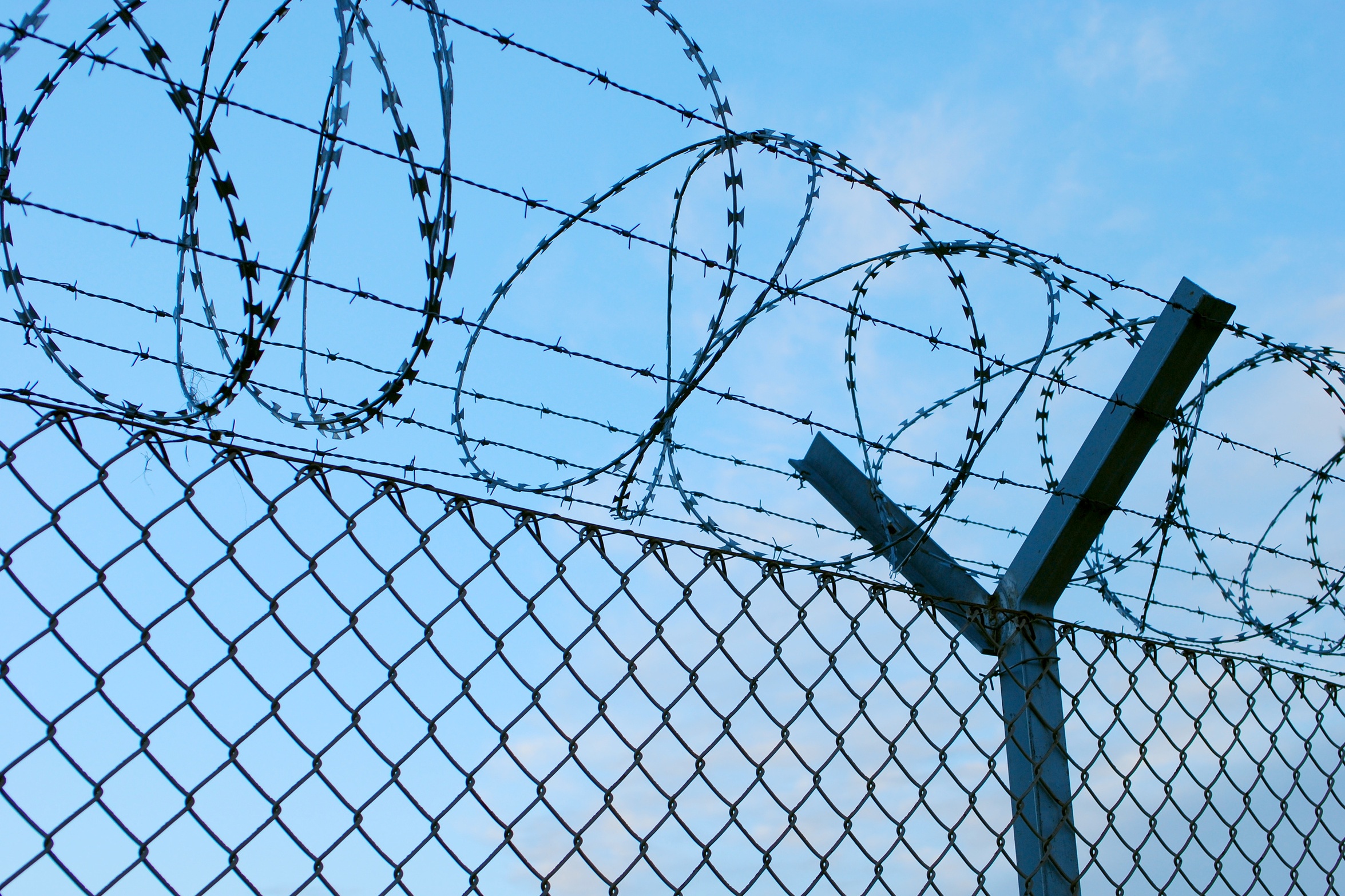Fibre-optic networks vulnerable to hacking
Hackers can access data by tapping the fibre-optic networks used by businesses around the world, according to an IDC report.

Fibre-optic cable networks are not as secure as believed - with new technology making it easy for hackers to steal data from them, according to an IDC report.
IDC research analyst Romain Fouchereau said that the reputation of a fibre-optic cable network as more secure than copper cables wasn't justified, and that new and inexpensive technologies have now made data theft easily possible for hackers without detection.
Organisations that carry sensitive information across fibre-optic cables are potentially vulnerable from criminal threats, as much of the cabling is easily accessible and not well protected. Fouchereau said that hacks on optical networks could be achieved simply by extracting light from ultra-thin fibres.
Once a successful tap has been achieved, software that records, monitors and analyses the data (called packet sniffers), can capture the data.
"Organisations in the financial, insurance, healthcare, and government sectors deliver sensitive information across fibre-optic cables around the world," Fouchereau said in the report.
"Hence, capturing or eavesdropping on this data serves not only military purposes. Industrial espionage in these sectors is worth billions of dollars."
The report also includes some past incidents of optical fibre networks being hacked, such as credit card breaches, government eavesdropping, and the criminal monitoring of big pharmaceutical companies in the UK.
Get the ITPro daily newsletter
Sign up today and you will receive a free copy of our Future Focus 2025 report - the leading guidance on AI, cybersecurity and other IT challenges as per 700+ senior executives
Fouchereau said that as it was impossible to monitor the entire optical fibre network, the only solution to prevent it currently available is through encryption which would render the data useless to hackers.
-
 Bigger salaries, more burnout: Is the CISO role in crisis?
Bigger salaries, more burnout: Is the CISO role in crisis?In-depth CISOs are more stressed than ever before – but why is this and what can be done?
By Kate O'Flaherty Published
-
 Cheap cyber crime kits can be bought on the dark web for less than $25
Cheap cyber crime kits can be bought on the dark web for less than $25News Research from NordVPN shows phishing kits are now widely available on the dark web and via messaging apps like Telegram, and are often selling for less than $25.
By Emma Woollacott Published
-
 Global security spending continues to rise
Global security spending continues to riseNews The US and Europe show the strongest growth, but spending is rising globally
By Emma Woollacott Published
-
 Security and lock-in still holds back the cloud
Security and lock-in still holds back the cloudNews An IDC survey shows both those looking to the cloud and those who have leapt in feet first have similar concerns.
By Dan Hatch Published
-
 UK has sixth lowest pirated software rate
UK has sixth lowest pirated software rateNews The BSA has called on more work to be done even though the UK has the world's sixth lowest software piracy rate.
By Tom Brewster Published
-
 Survey: Critical infrastructure risks cyber attack
Survey: Critical infrastructure risks cyber attackNews Half of the critical infrastructure providers that the UK, Europe and North America rely on are vulnerable to cyber attack, according to a new survey.
By Miya Knights Published